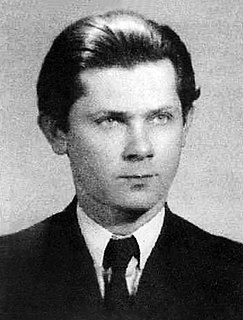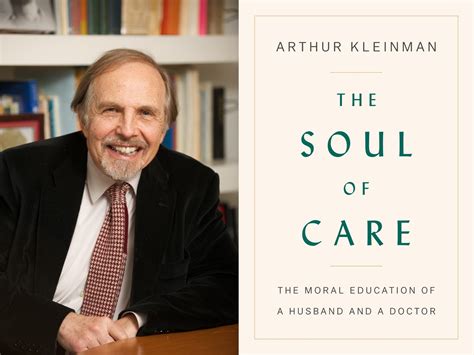A Quote by Sigmund Freud
This transmissibility of taboo is a reflection of the tendency, on which we have already remarked, for the unconscious instinct in the neurosis to shift constantly along associative paths on to new objects.
Quote Topics
Related Quotes
Influences come from everywhere but when you are actually shooting you work primarily by instinct. But what is instinct? It is a lifetime accumulation of influence: experience, knowledge, seeing and hearing. There is little time for reflection in taking a photograph. All your experiences come to a peak and you work on two levels: conscious and unconscious.
Inanimate objects are always correct and cannot, unfortunately, be reproached with anything. I have never observed a chair shift from one foot to another, or a bed rear on its hind legs. And tables, even when they are tired, will not dare to bend their knees. I suspect that objects do this from pedagogical considerations, to reprove us constantly for our instability.
If we can change from that deeper place - for instance, if I am constantly going around telling myself and everybody that I'm a failure and I'm worthless, that's a reflection of the thoughts I'm having. The moment that I'm able to shift at the level of my mind and start seeing that I have something to offer, life is important, and I want to contribute, then that tiny subtle shift from the inside can have a profound affect on my external life.
To cherish and stimulate the activity of the human mind, by multiplying the objects of enterprise, is not among the least considerable of the expedients, by which the wealth of a nation may be promoted. Even things in themselves not positively advantageous, sometimes become so, by their tendency to provoke exertion. Every new scene, which is opened to the busy nature of man to rouse and exert itself, is the addition of a new energy to the general stock of effort.
All these stupendous objects are daily around us; but because they are constantly exposed to our view, they never affect our minds, so natural is it for us to admire new, rather than grand objects. Therefore the vast multitude of stars which diversify the beauty of this immense body does not call the people together; but when any change happens therein, the eyes of all are fixed upon the heavens.
Applause is an instinctive, unconscious act expressing the sympathy between actors and audience. Just as our art demands more instinct than intellect in its exercise, so we demand of those who watch us an apppreciation of the simple unconscious kind which finds an outlet in clapping rather than the cold intellectual approval which would self-consciously think applause derogatory. I have yet to meet the actor who was sincere in saying that he disliked applause.
I argue is that philosophers have had a tendency to present a kind of mystical view of the powers of reflection. Unreflective belief acquisition is seen in mechanistic terms, but when philosophers talk about reflection, it is as if reflective processes are not bound by the kinds of limitations which inevitably arise from being embedded within the same causal structure which governs unreflective belief acquisition.
So let us decide whether you want a shelter, a safety zone, which will no longer yield conflict, whether you want to escape from the present conflict to enter a condition in which there shall be no conflict; or whether you are unaware, unconscious of this conflict in which you exist. If you are unconscious of the conflict, that is, the battle that is taking place between that self and the environment, if you are unconscious of that battle, then why do you seek further remedies? Remain unconscious.





































